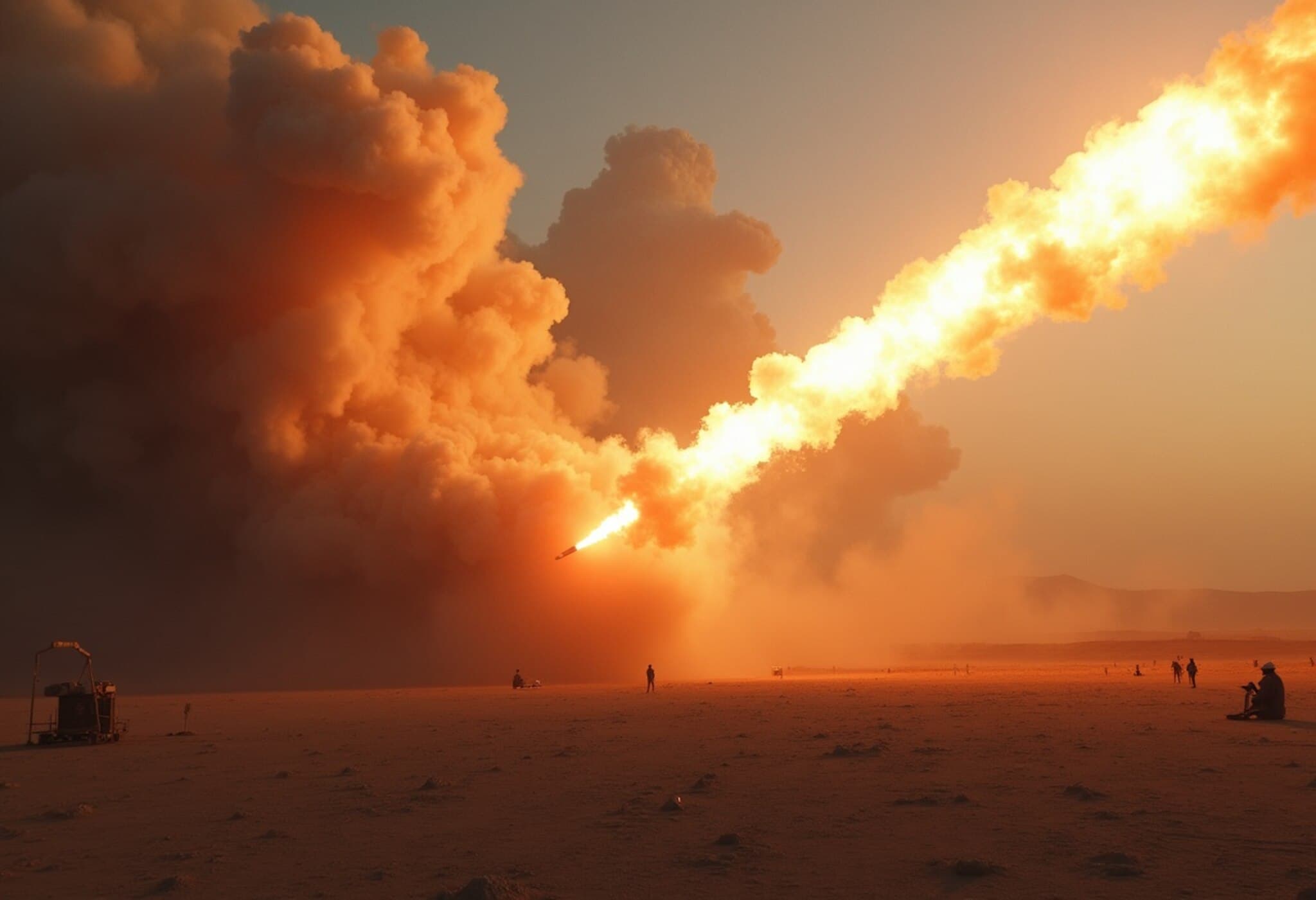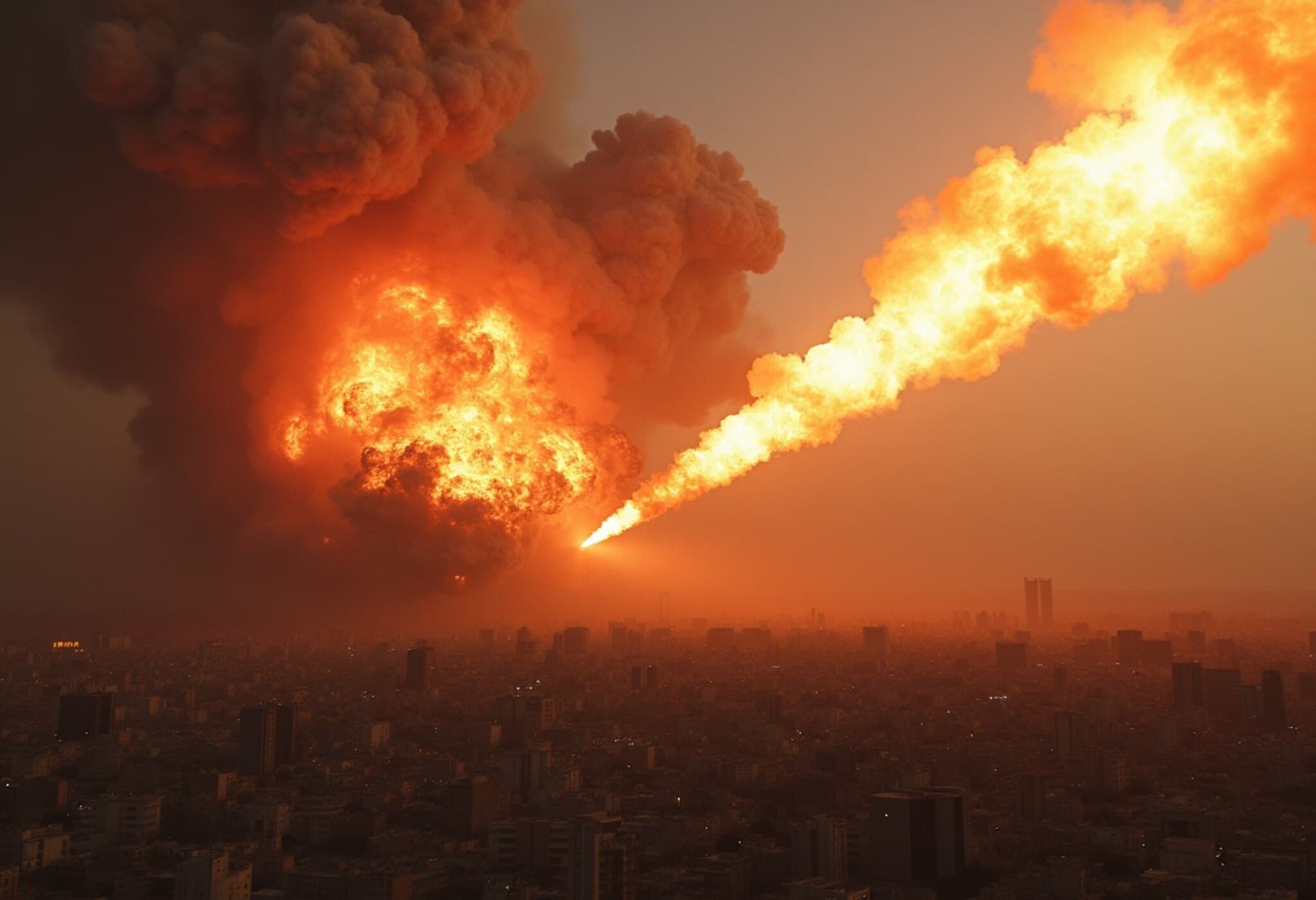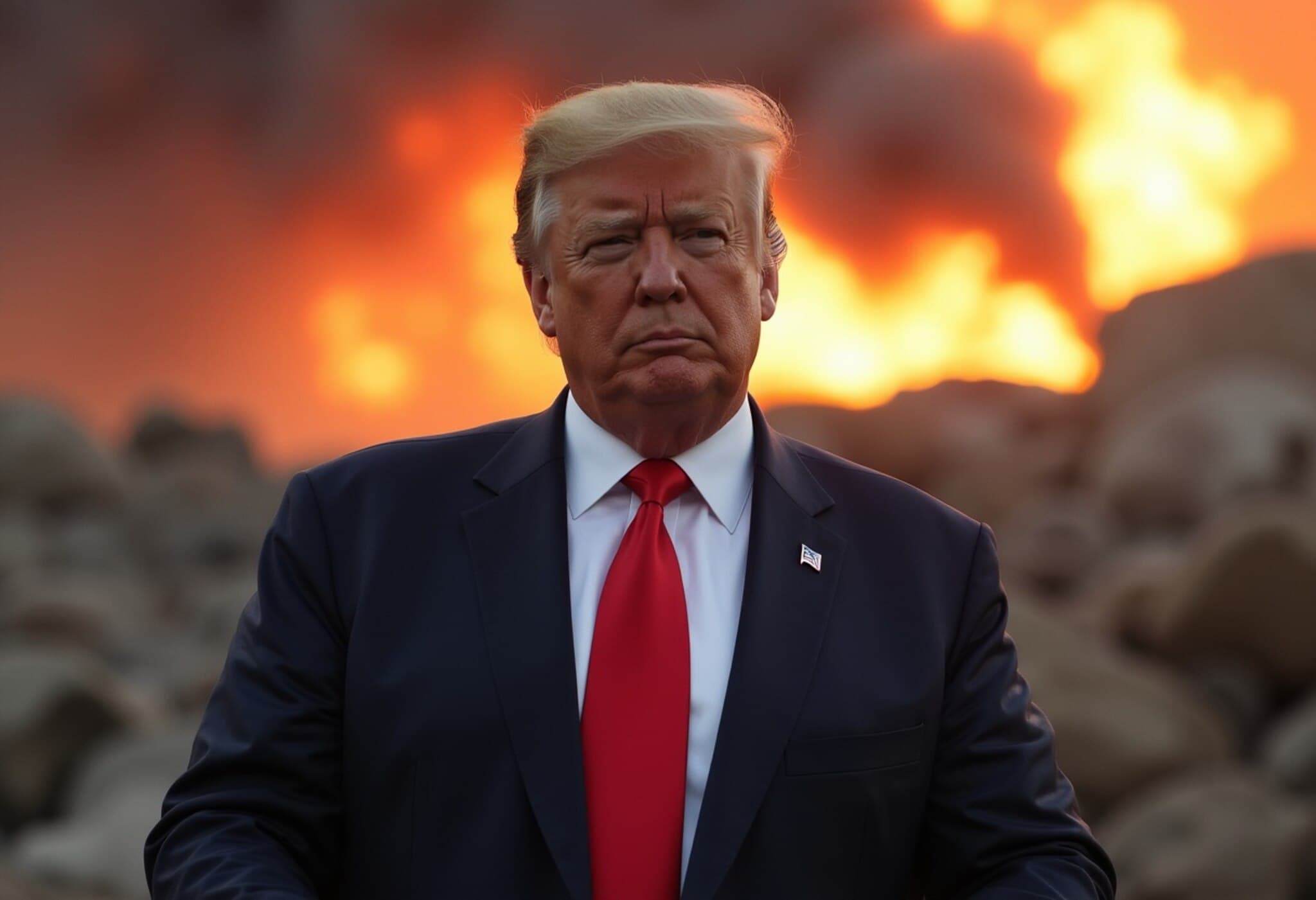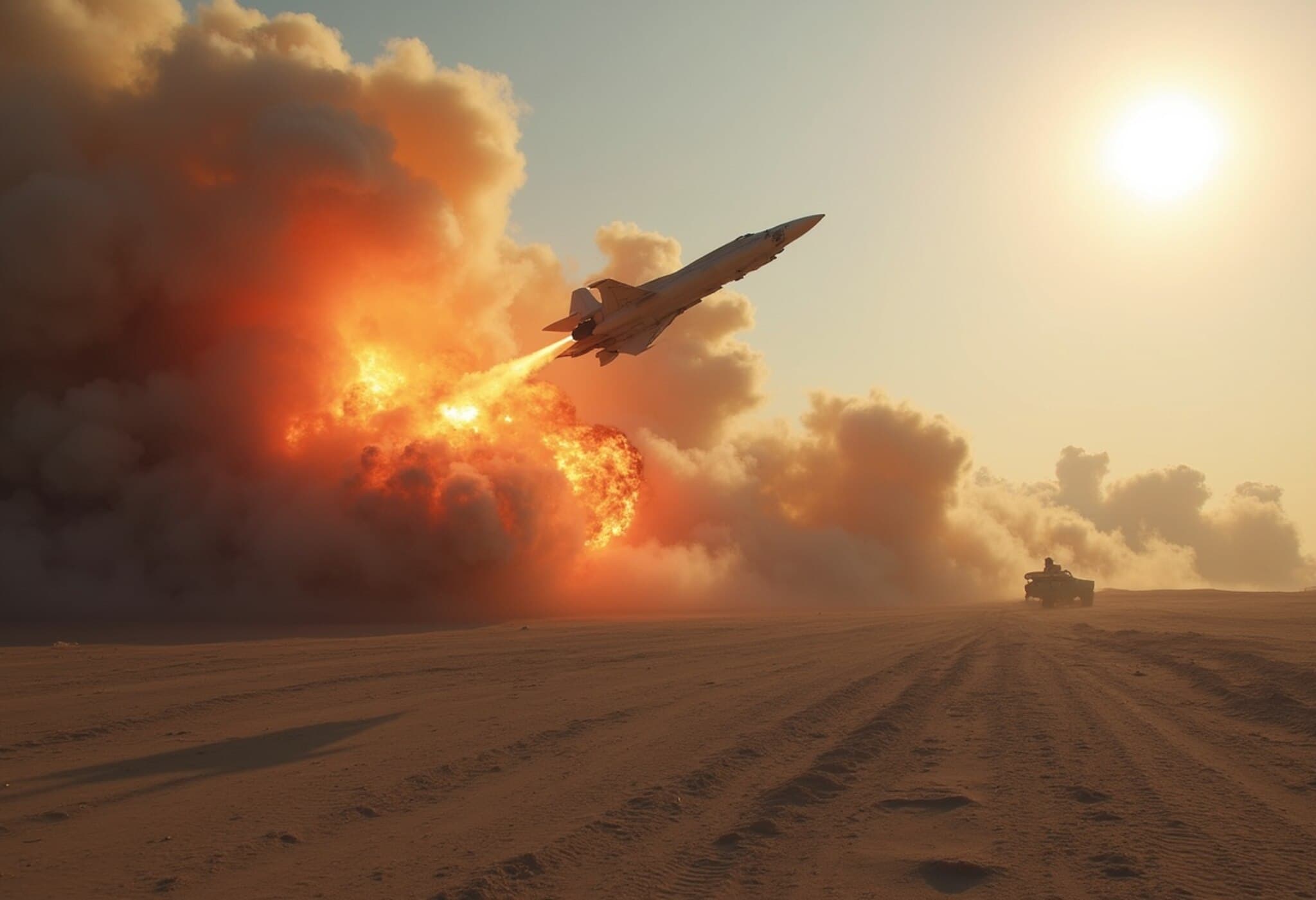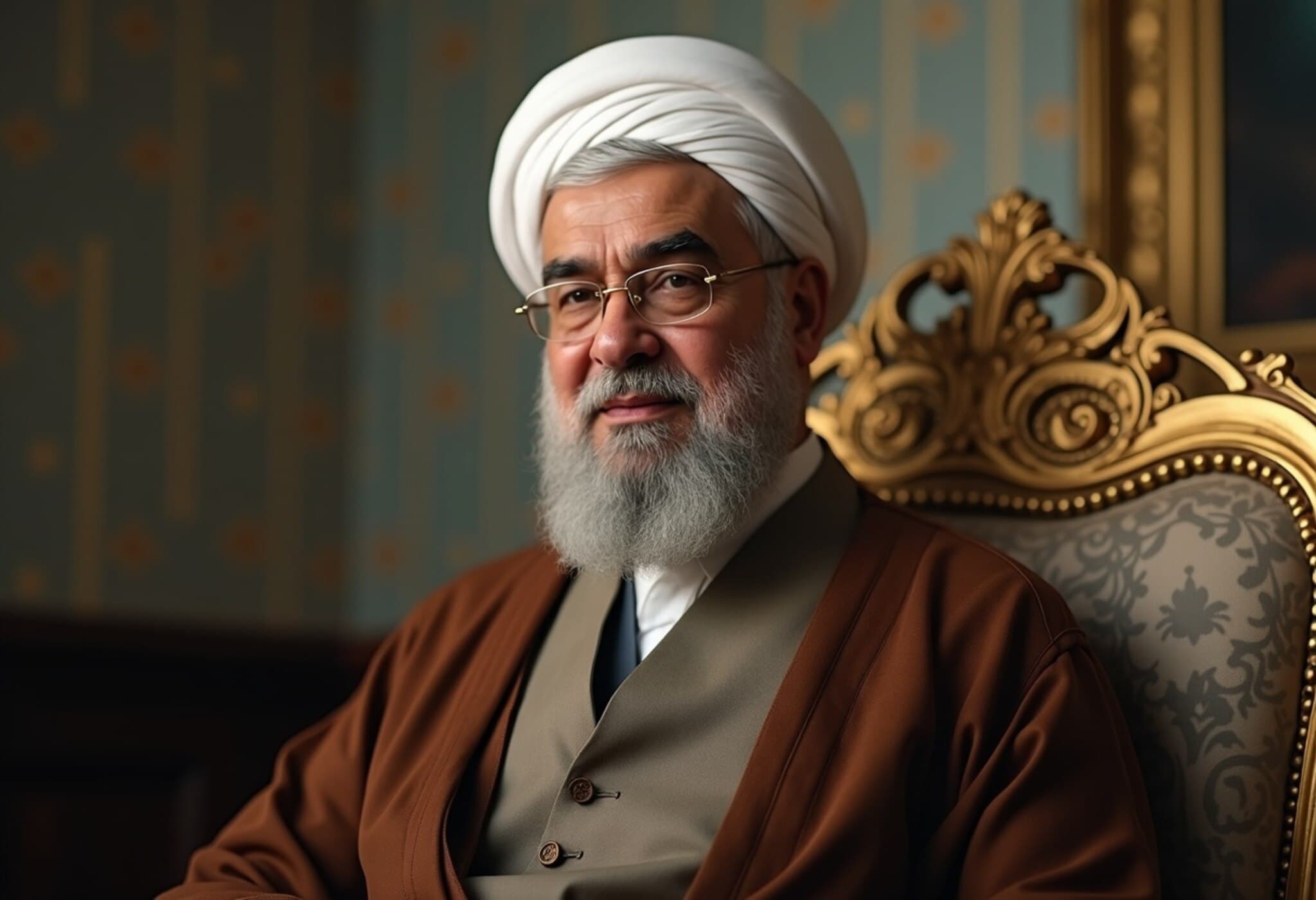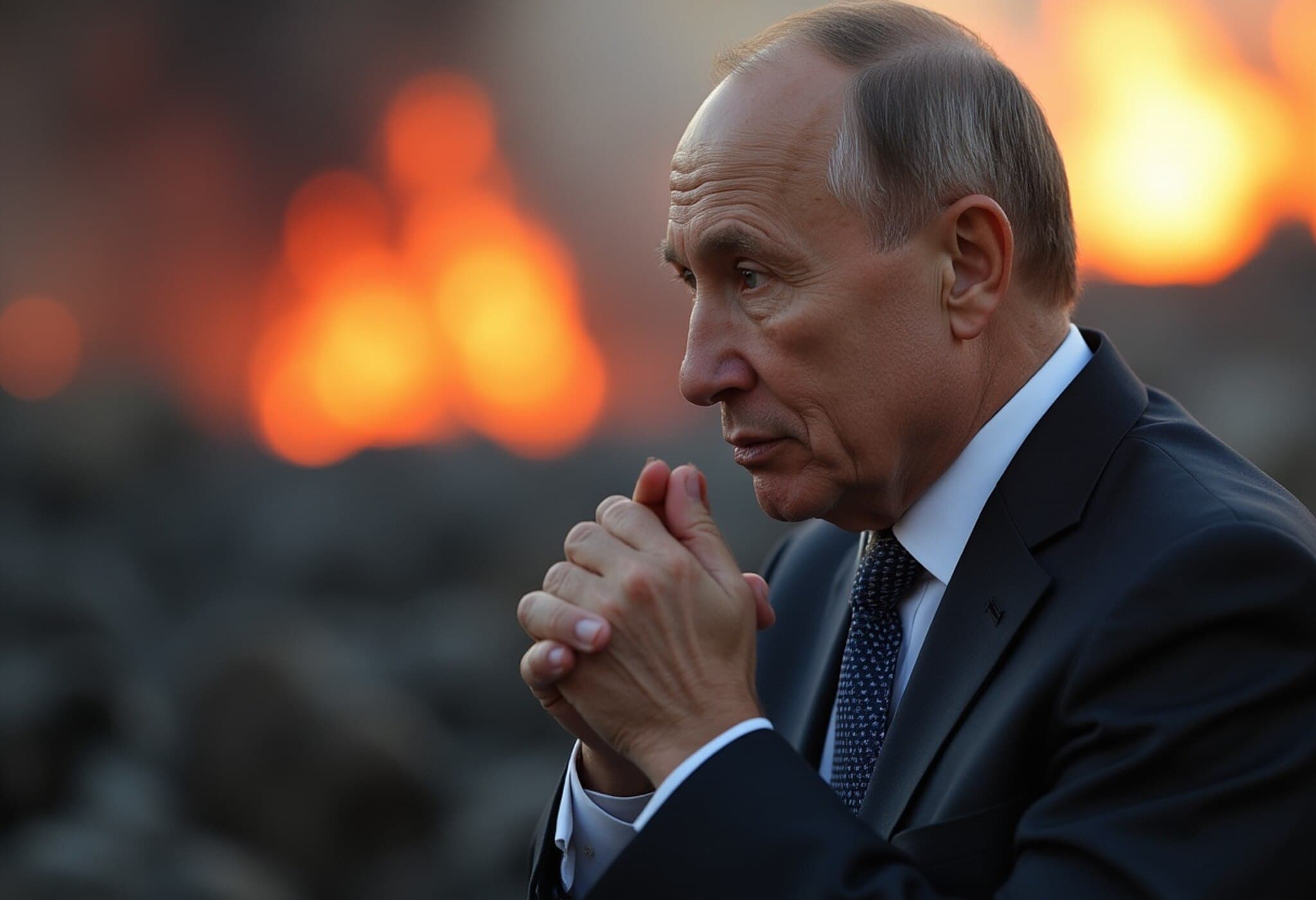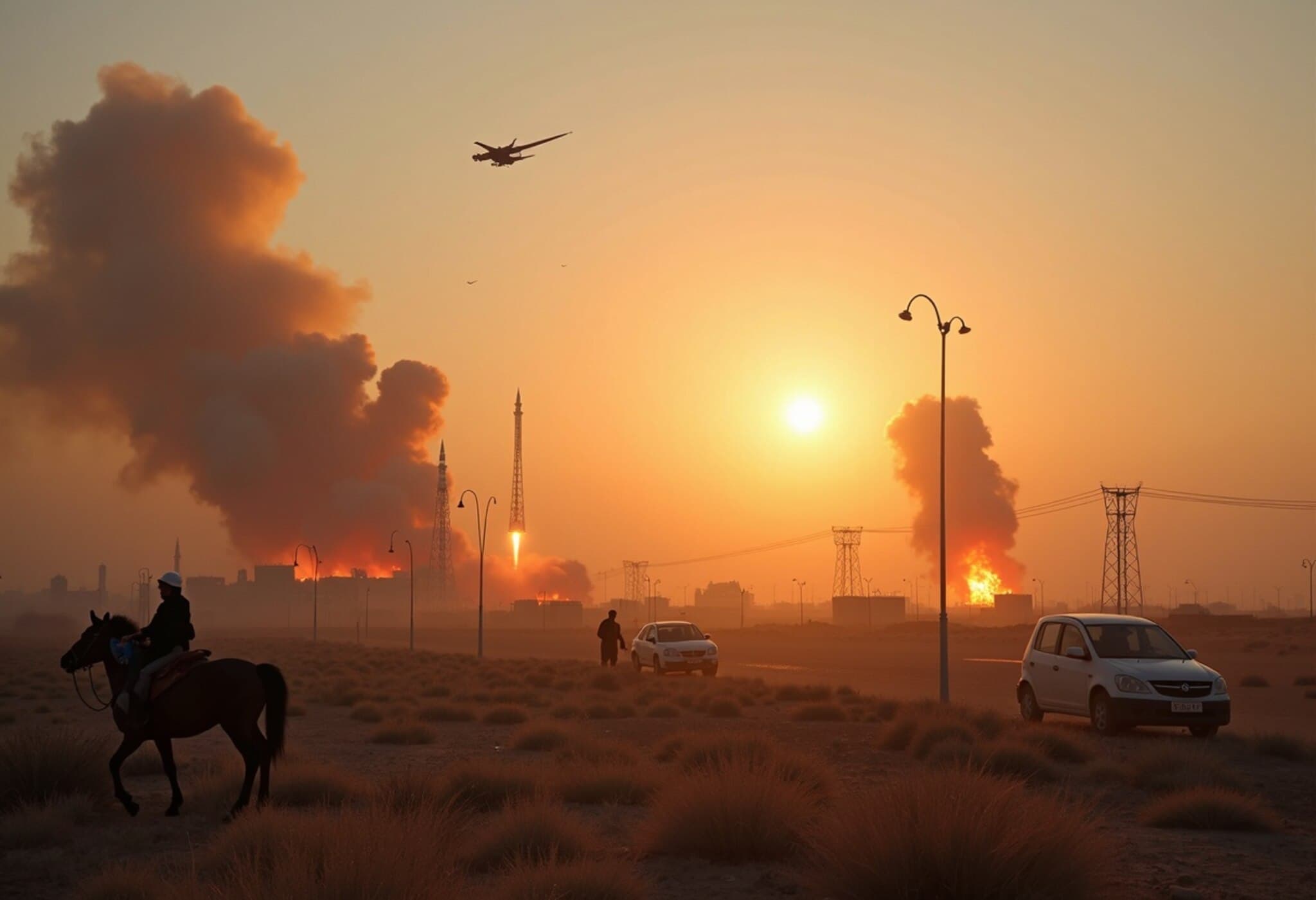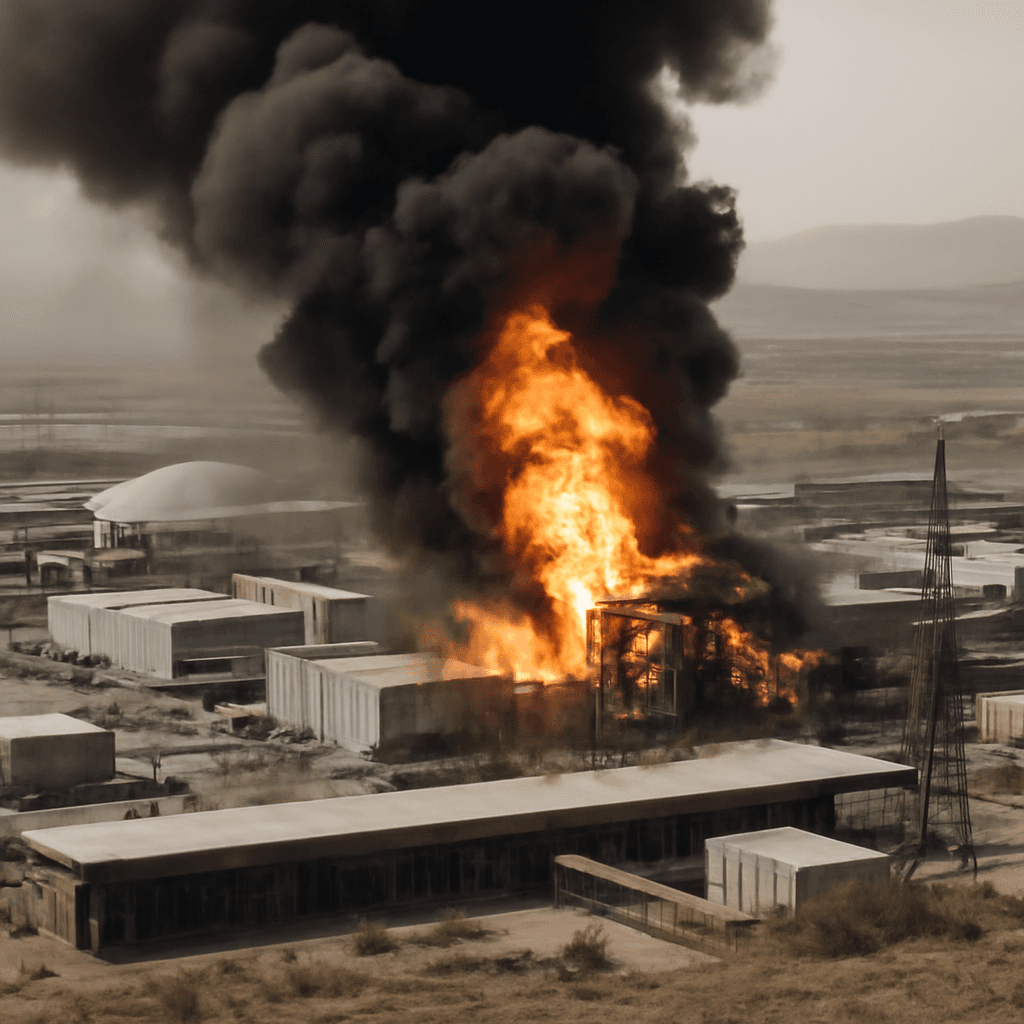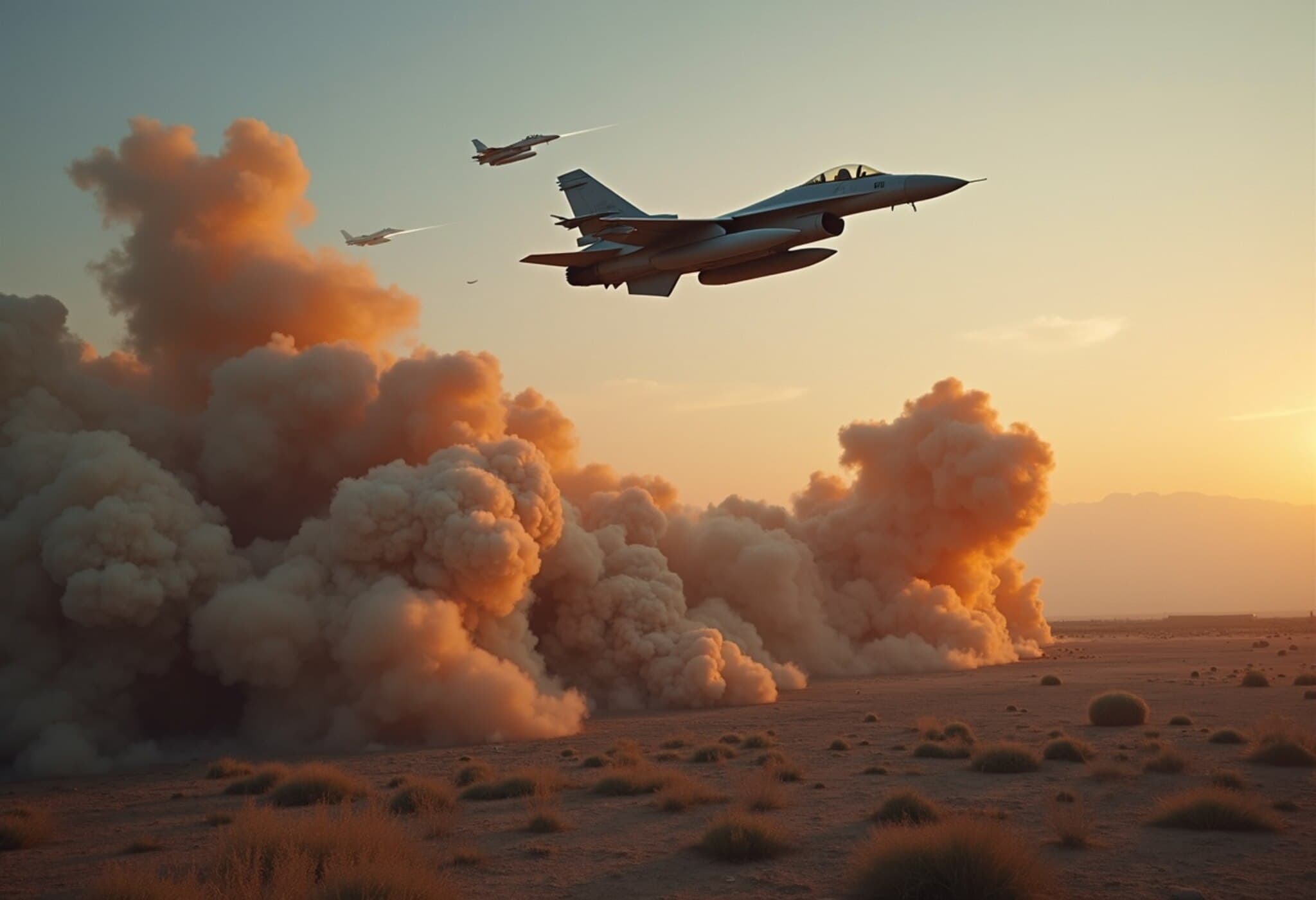Israel Intensifies Military Strikes on Iran
On Saturday, Israel launched a second day of heavy strikes against Iran, with Prime Minister Benjamin Netanyahu vowing a significant escalation. The operations, hitting targets across Iran, included what appeared to be the first attack on the country’s energy infrastructure, as a blaze erupted at a gas field in southern Iran.
Netanyahu Declares Swift and Severe Campaign
In a firm video statement, Netanyahu declared that Israel’s operations had set back Iran’s nuclear program by possibly years and rejected international calls for restraint.
“We will target every site connected to the Ayatollahs’ regime,” he said. “What we have done so far is only a fraction of what is to come.” Defence Minister Israel Katz echoed this warning, stating, “Tehran will burn.”
Iran Responds with Missile Strikes and Nuclear Talks Cancelled
Meanwhile, Tehran reacted by calling off nuclear negotiations with the United States, which had been seen as the main diplomatic route to halt the conflict. The Iranian Foreign Minister described continuing talks as unjustifiable amid Israel's ongoing “barbarous” attacks.
Iran claimed to have launched multiple missile volleys retaliating against Israel, causing casualties on both sides. Air raid sirens blared across Israeli cities as missile interceptors engaged incoming Iranian missiles. At least three Israelis were reported killed, including civilians shielded in emergency shelters.
Regional Allies Brace for Wider Conflict
Adding to the regional tension, Iran threatened to target military bases belonging to the US, UK, and France if these countries assist Israel in countering Iranian attacks. In response, the UK announced deployment of fighter jets and refueling aircraft to the Middle East, citing contingency support amid escalating hostilities.
Attack on Iran's Energy Sector Raises Alarm
Significantly, Israeli strikes reportedly hit the South Pars gas field, located in southern Iran’s Bushehr province, triggering a fire. This marked the first assault on Iran's energy infrastructure during the campaign. Analysts note the potential for disruption to oil and gas exports, which already pushed crude prices up approximately 7% on Friday.
Iranian military officials mentioned considering closing the Strait of Hormuz — a strategic chokepoint controlling Gulf tanker traffic — should the conflict further intensify.
Human Toll Mounts Amid Strikes
The air campaign has tragically impacted civilian areas. Iranian reports indicate that roughly 60 people, including 29 children, lost their lives in missile strikes on a housing complex near Tehran. Over the two days, the death toll is estimated at around 78 on the first day and many more on the second, with extensive damage to residential buildings.
One devastating missile strike reduced a 14-storey apartment block in Tehran to rubble, with harrowing scenes broadcast on Iranian media. Eyewitnesses described dust-filled air and neighborhoods devastated by the shelling.
Israel Targets Iran's Nuclear Facilities and Commanders
Military sources confirmed that Israel's airstrikes caused considerable damage to Iran’s uranium enrichment sites at Natanz and Isfahan but have so far avoided the underground Fordow facility. In addition to infrastructure damage, Israel claimed it had eliminated key military commanders and reportedly killed nine nuclear scientists regarded as critical to Iran’s nuclear program.
Tehran insists its nuclear activities are civilian and peaceful. However, recent reports by international nuclear watchdogs indicate violations of non-proliferation commitments linked to Iran’s nuclear advancements.
Outlook: A Prolonged Conflict Unfolding
Israel’s ongoing operations and Tehran’s retaliatory missile strikes have heightened fears of a wider regional conflict potentially drawing in external powers. With calls for civilian uprising in Iran and heightened rhetoric, the delicate situation remains volatile.
Both sides appear set for a protracted confrontation, intensifying concerns about lasting instability across the Middle East.





